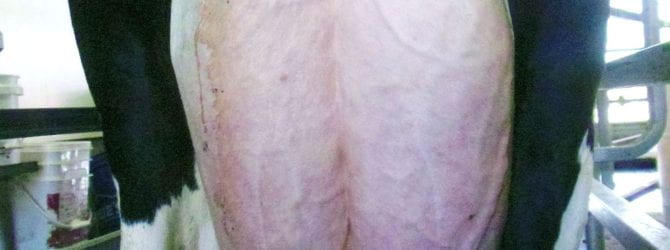[Read the full text]. Recently, we identified that there is no such thing as colostrum quality based on Brix refractometry. We also found that feeding needs to be aligned with the kinetics of post-partum mammary release of IgG (Biomimicry). As IgG secretion by the postpartum mammary gland continues through transition milk, we are forced to reexamine current calf feeding protocols for management. We have written some recommendations based on the science in “The Manager”, part of Progressive Dairy (Article 1: Why there is no such thing as colostrum quality, Article 2: Transition milk has a lot of immunoglobulins). Although this goes against industry recommendations and probably increases labor needed in farms, it is based on physiology with a focus on enhancing calf health and future productivity.
There is certainly industry pushback to our finding because BRIX values is promoted as a cut-off to sell their replacements (creative marketing!). So please rethink if websites like “calfnotes” by industry professionals really provide “non-commercial and unbiased information” – without their profits in mind. Understand that correlation at the population level does not equal prediction for individual colostrum samples; residual magnitude is crucial for prospective predictions and is clearly overlooked in all prior studies. Moreover, colostrum feeding is not just about achieving serum levels of IgG, it is also about enteric protection that is better achieved with multiple feedings that include transition milk that also has a lot of IgG. There are also other core beneficial components in colostrum distinct from IgG that setup gut maturation and long-term productivity in offspring. So why ignore all this scientific information? Please ask us the questions, we work at a land-grant university and we do not have any financial interests. We want to have the best possible outcome for dairy farms, free from industry interference.
This research was funded by the Northeast Sustainable Agriculture Research and Education (NE-SARE) grant GNE19-220-33243. American Society for Animal Science has published this summary of this research work (Interpretive summary).


